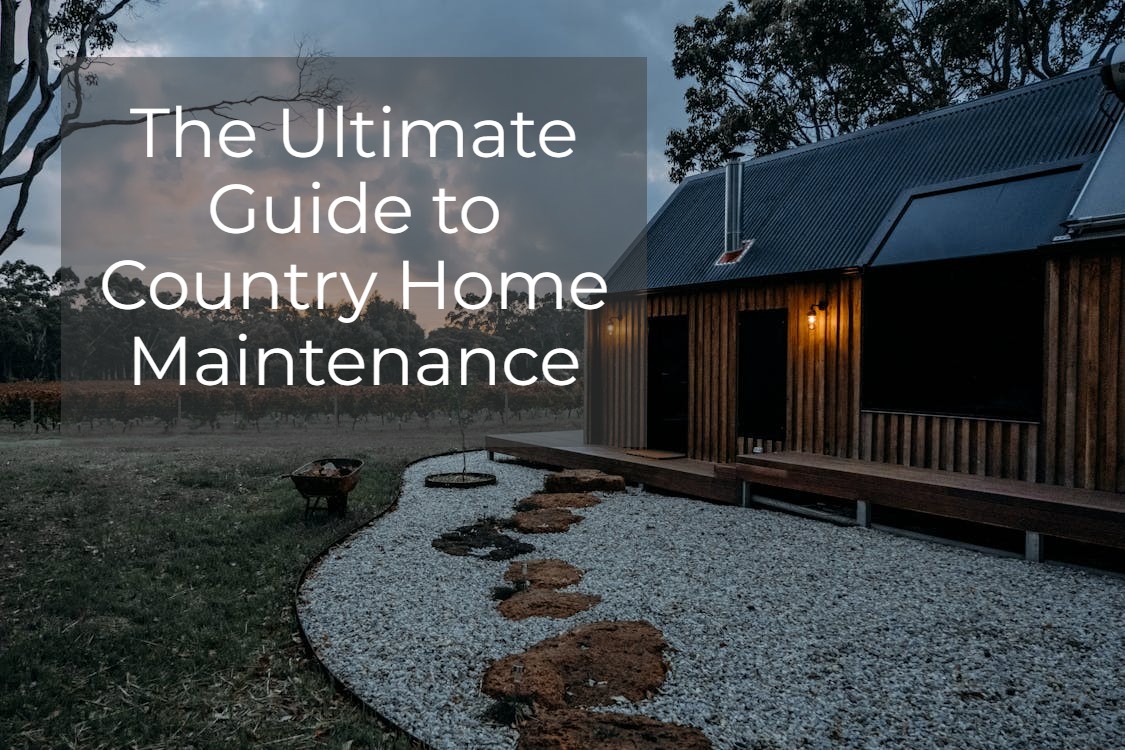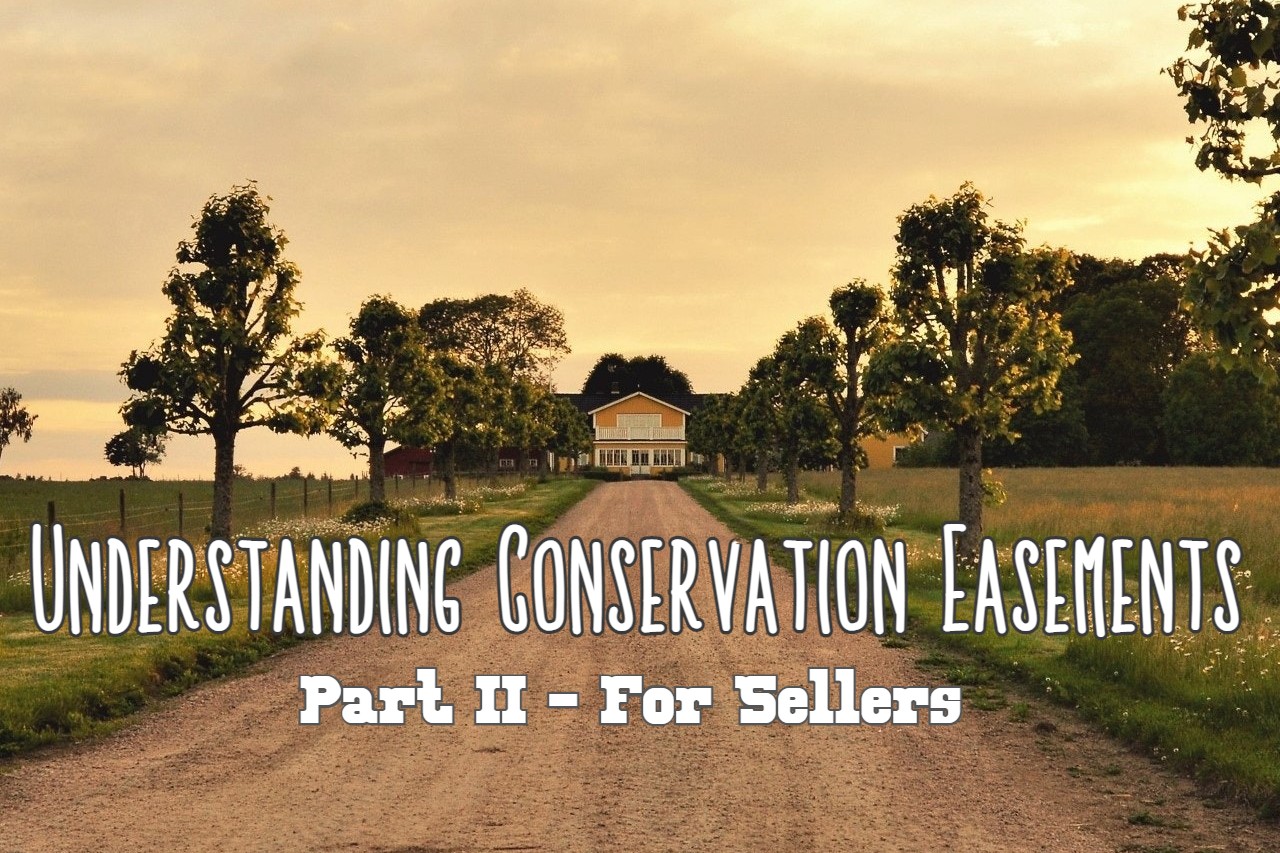How to Find the Best Country Home in Your Area
These days, cities can feel overcrowded and claustrophobic. Moving to a rural area can provide that perfect sense of relief for those seeking an escape. If this sounds like you, this blog will tell you how to find the country home of your dreams.
Homeowners moving to the country for the first time may have a long list of questions:
- What are the best country home properties near me?
- What is the real estate market like in rural areas?
- Is living in the country safe?
- How will this affect my daily commute?
These are just some of the things to consider when moving to the country. Never fear! Michigan Lifestyle Properties is here to help you make the best decision for your new home.
Secure the Bare Necessities
Before you can get to all the fun activities like decorating and painting your new home, you’ll need to make sure you have the basics in hand—that is, adequate running water and a sewage or septic system.
Living in the city, these are things one need not think about; so long as you pay your bills, water and sewage should always function as expected. But in the country, resources work differently.
Rather than the public municipal water supply from which water comes in cities, water for rural homes is likely to come from a well or a spring. These sources have not always been tested for potential toxins and treated to make them safe to consume.
You’ll want to get the water source for your potential home tested by your local health department or a state-certified laboratory.
Another difference between country and city living is that you’re more likely to have a septic system for your plumbing needs in the country.
Like the water source, you’ll want to get the septic system of your potential home examined by a septic engineer before you move in. They’ll tell you if it’s in working order.
It’s also crucial that you ensure that your septic system is big enough. A multiple-family home will need a bigger septic tank than a single-family home. The more people in a home, the bigger a tank you’ll need.
Use Your Property Your Way
Living in the country allows for a much wider variety of home uses than the city for both you and your neighbors. When looking at country home properties near you, talk to a real estate agent to determine the surrounding land’s zoning classification and what uses it allows.
This may sound complicated, but it’s essential. You may want a nice, quiet home, but your nearest neighbor may keep roosters who crow, waking you up bright and early. That might seem quaint and charming at first, but in the long run, it could be disruptive.
For the more adventurous sort, buying land along with your home allows you to plant some crops or keep livestock.
If that’s something that interests you, you’ll want to make sure you pick a home that’s zoned for those activities.
Sorting out zoning with a real estate agent saves you from potential disappointment down the road.
Get Used to Commuting
For those living in cities, there are a wealth of options when it comes to transportation. Whether by car, public transit, rideshare, or bike, getting to the office is a breeze. In rural areas, though, your choices can be more limited.
If your job is back in the city you’re leaving behind, your commute can lengthen to an undesirable amount of time.
A one-hour commute might sound manageable, but that’s a round-trip of two hours, which is a substantial time investment. When choosing a country home location, you must factor in travel time.
Living far from urban sprawl, you’ll need to depend much more on your own car. Gas costs add up quickly, and your car may wear down and need maintenance or replacing altogether.
If you have multiple cars, you’ll also want to purchase a home with a multi-car garage to accommodate that.
Respect Boundaries
Living in the country may mean having more space, and it’s important to know exactly how much of the land around you is yours.
Talking to a licensed land surveyor will alert you to any unwelcome surprises like a public path cutting through your land or a neighbor’s house encroaching on your property.
This is important when considering how to use your space. With a survey, you won’t have to worry about arguing with neighbors over who owns which tree or if one of you is allowed to build a road.
Getting land surveyed ahead of time will give you the full scope of the property you acquire, so you know exactly how much is yours.
Realtors Know Best
Finding the perfect home in the country can be a daunting prospect. Remember, though, that it doesn’t have to be a solo endeavor.
Real estate agents can help guide you through the process and find the right home for you.
Real estate agents in rural areas know the local community and what’s available. They’ll work with you to find a home that checks all of your boxes and is within your price range. They can help take care of all zoning and septic system concerns, taking a bit off your plate.
Start Your Country Home Journey
Moving to the country can be a major life shift, but you should find the transition easier with these tips in mind. Rural areas have quite a bit to offer, and it’s worth making some life adjustments to experience the natural splendor.
There’s a perfect country home out there just waiting for you!
Need help finding a new forever home in the country, a farm, or a ranch? Michigan Lifestyle Properties can help! Give us a call at (269) 629-4968!










